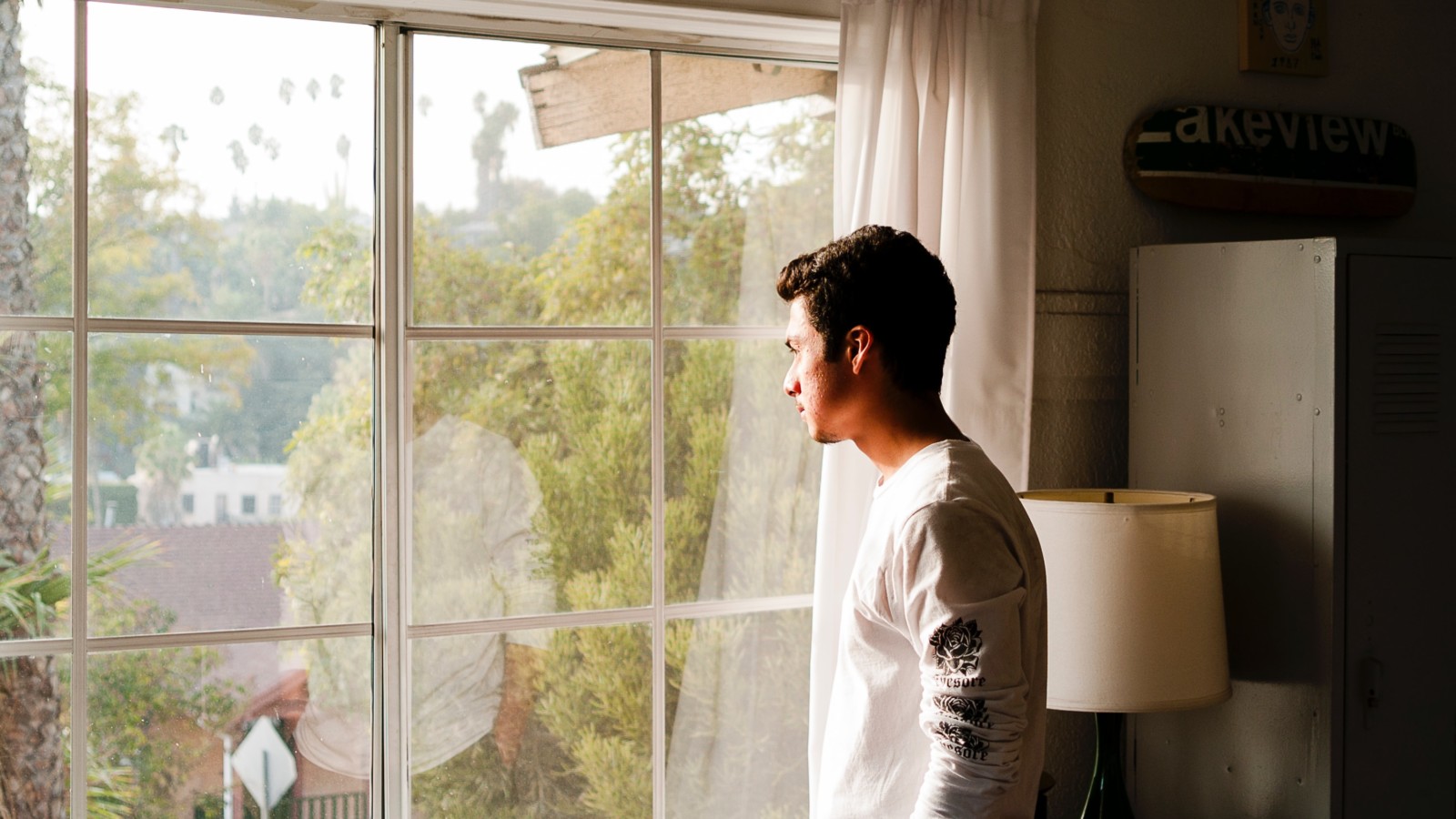When was the last time you spent 21 days alone? Not seeing another living soul except from 7 floors up? Without any human contact except for an occasional visit from someone in full PPE kit to stick a swab up your nose?
For most of you, the answer will be never. For me, it was last week.
I just got out of a mandatory 21-day hotel quarantine upon returning from the US to Hong Kong. On the bright side, I did learn some things that may help you as you come back from this crazy pandemic year.
I approached it with my usual curiosity. What can I learn from it?
After all, I had the luxury of isolation combined with wellness and time for reflection. As one friend said, “not many people get the opportunity to spend 21 days completely alone”. After all, 21 days is enough to build a new habit and a great time to question how you go about your life and what you might want to change.
What can you take away from this experience about how to be more grateful and more compassionate, even to yourself?
Here are 3 things I learned you might find useful in your own life:
1. Acknowledge your anxiety and give yourself space to diminish it.
Locked into a room with only four walls to look at, I knew I would be anxious. In real life some of us try to hide anxiety, put on a brave face and muscle through it. But when I told people I was going into quarantine, people were happy to share advice on how to overcome it, which was awesome! I spent more time meditating, doing morning movement, journaling and scheduled zoom time with friends. It made me realize how little I do this kind of self care when I’m at home with a schedule that is in many ways more stressful.
We could all share more advice and make more space for our colleagues, family and ourselves to acknowledge and apply care in these particularly anxious times.
2. Ask for help wherever you can get it. Then pay it forward.
I signed up to a Facebook group for hotel quarantine which had lots of great basic ideas. When I saw friends there who had done quarantine before, I called them to ask for advice. It struck me that we felt fine asking in public for tips on hotels with windows that open or how to get through the time without feeling too restless. When I was in quarantine I had people far and wide sending me care packages of food and puzzles and just coming by to say hello. There was such a surge of generosity! Yet we are so uncomfortable giving and getting help when it’s even more crucial – when you have mental health issues, relationship issues, debilitating grief or overwhelm. What makes it easier to send a bottle of wine or a card to someone in quarantine but not to someone whose child has autism?
The overwhelming gratitude I felt at any efforts to reach out to me quelled my anxiety about the whole trip. Because of this, I will overcome my hesitation about connecting in tough times. Be it a gift offering or offering an ear, I will look harder for opportunities to give and celebrate the opportunity to receive.
3. Embrace the liminal experience, one that brings us to our limits.
A profound disruption of normal ways of being and doing, a temporary break from the familiar, and a sense of transformation after surviving the ordeal all characterize the liminal experience.
Drawing on anthropology, Professors Laura Empson and Jennifer Howard-Grenville explored the benefits of the liminal space. They conclude that emerging in stages, deliberately deciding what to keep and what to discard and considering how to temporarily bring back liminal times to reflect and reinvent will help you capitalize on this disruptive year.
In-between times, like the pandemic, are an opportunity to question how you go about your life. Are there changes you wanted to make that you can make now because of how the environment has changed? What elements of life in the pandemic were you grateful for?
While I’m not planning to go back to quarantine any time soon, acknowledging and making space for anxiety, reaching out to others and looking at these moments to get out of my comfort zone with a growth mindset are all things that I will take with me now that I am home.
What have lockdowns taught you about how to beat isolation?


